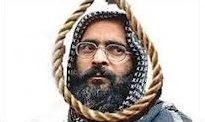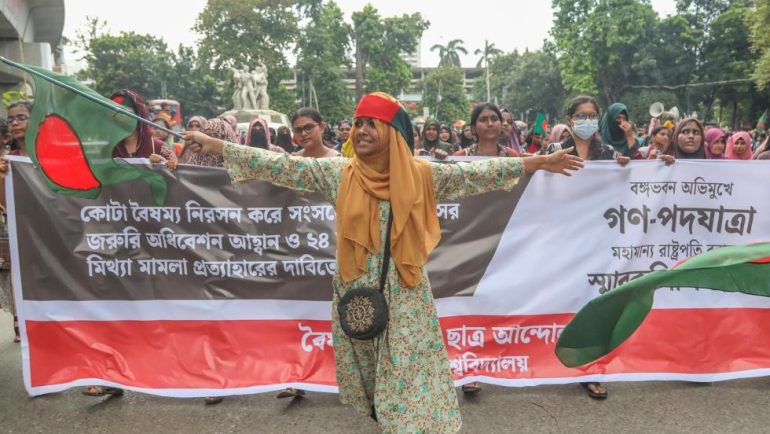Newspaper Article 12/12/2021
The Taliban have been in power for almost 100 days; a timeline often used to test the nerve of governance. Since their storming into Kabul on August 15, on the heels of the world superpower’s exit, they have played their cards close to their chest. I’m neither a Taliban supporter nor do I approve of their yesteryear policies, yet I humbly acknowledge that they are a power to be reckoned with, and rightly deserve to be recognised as the de jure ruling entity of Afghanistan.
There are no spins involved. It’s high time the regional states, especially its immediate neighbours, as well as the major powers come forward to engage the political dispensation in Kabul. They have largely shunned militaristic-orientation. Though their foot soldiers carry an assault rifle, and almost all of them wear a beard and turban – and are in no mood to adapt the Westminster dress code, they have come a long way in at least settling down with serenity. They have done away with highhanded tactics against their opponents, especially the minorities and women. This episode of their inauguration stint is in need of being appreciated.
Afghanistan today is in the labyrinth stage. It is evolving to rise as a strong nation-state. Having expelled the foreign forces after a struggle or more than two decades, Afghans have at least cemented their nationalistic credentials. But they vanished. Despite being rich in natural resources, as well as an enterprising and hardworking populace, they are groping in the dark to build their war-devastated country from scratch. This is where the world community should play its role.
It’s time to shun prejudice against the entity in power, and realise the essentiality of dependence in inter-state relations. Failing a nation of 40 million, once again, by abandoning it is no option. While the resilient and war-weary Afghans can take on another episode of jingoism and go on to fight, even among themselves or with some new-found enemy—but this luxury cannot be afforded by any of the near or distant states. Pushing Afghanistan into a new circle of instability and warfare would be catastrophic.
This is where realpolitik comes into play. Pakistan, Iran, China and Central Asian States have a special responsibility to embrace Afghanistan. Russia, India, the Arab world and the United States too cannot keep themselves away. Engaging the landlocked country in conformity with the parameters of state-centrism is a must. For a while, all need to keep away their vested share of power politics—and let a devastated state be rebuilt.
Today it is the Taliban, but tomorrow it could be some other political doctrine at the helm of affairs. Thus the notion to discourage engagement is an anathema of sorts. It hasn’t worked, nor will it. The debate that there should be an inclusive government in Afghanistan is merit-based. But Rome was not built in a day. Nor anyone could have the audacity to dictate a foreign state on what it should or shouldn’t be doing in its political policy prescription.
American women waited for decades to get the right of vote, Commonwealth states still linger for credible democracy, and so do the Afghans to knit themselves in a pluralistic nomenclature. They are slow but certainly on the track. Putting the cart before the horse is no solution. Let the horse pull as much as it can in semblance.
What is needed proactively is recognising the Taliban to kickstart the process of nation-building. It will usher in peace and security in the region. If that is delayed any more, it could galvanise centrifugal forces and lead to cataclysm. The Taliban, anyway, are not going anywhere. They are there to stay as there isn’t any possibility of another Tora Bora bombing. The US stands exhausted and couldn’t risk any capitulation.
This boils down the argument to realism, ie, engage the political-militia and let the dynamics of geo-economics bloom daffodils. Opening up of the southwest Asian state is sine qua non for the success of CPEC and BRI, as well as CASA and TAPI—the multi-billion dollar projects awaiting to see the light of the day. The Taliban hold the key to realise them—and their staying put in Kabul makes them indispensable.
Note: This article appeared in The Nation, dated 12 December 2021.
Disclaimer: The views expressed in the article are of the author and do not necessarily represent Institute’s policy.


